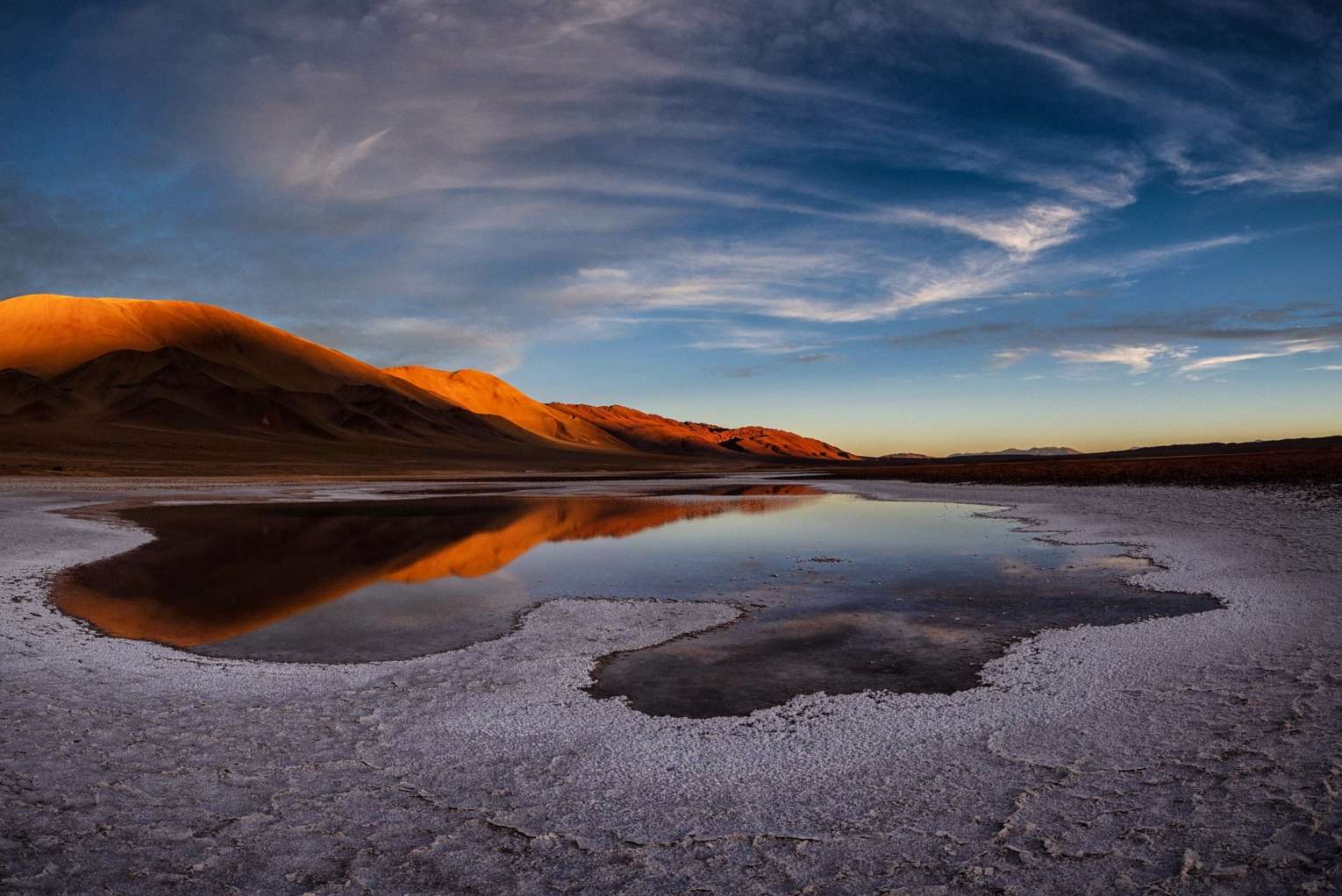I recently heard a rabbi sharing a message from the book of Exodus. During his sermon, he pointed out the many times that water was a major focal point of the events that the children of Israel experienced. He started with the parting of the waters of the Red Sea. He went on to talk about the water coming from the rock in the wilderness. Then he shared about the bitter waters we read about in Exodus 15:
Then Moses led Israel onward from the Sea of Reeds. They went out into the wilderness of Shur. But they travelled three days in the wilderness and found no water. When they came to Marah, they could not drink from the waters because they were bitter. On account of this it was called Marah. So the people complained to Moses saying, “What are we going to drink?” So he cried out to Adonai, and Adonai showed him a tree. When he threw it into the waters, they were made sweet. There He made a statute and an ordinance for them, and there He tested them (Ex. 15:22-25).
As the rabbi spoke, I couldn’t help but notice that in verse 22, it mentions they journeyed in the wilderness for three days, which caused me—as a believer in Yeshua—to stop and think. After all, the use of three days in the Bible clearly is intended to connect our thoughts to Yeshua and the Resurrection.
writer.editor.GO_TO_TOPwriter.editor.GO_TO_BOTTOM
Breaking News. Spirit-Filled Stories. Subscribe to Charisma on YouTube now!
As we read these verses, we find the children of Israel thirsty, but unable to drink the water because of its bitterness. The people complained to Moses about the bitterness, and the Lord told Moses to cast a tree into the waters. After he cast the tree into the waters, the bitter waters became sweet.
As I considered these words, my mind immediately connected the three days, the bitterness, the tree and the resultant sweetness with the death, burial and resurrection of Yeshua. Yeshua took a three-day journey so that our bitterness could become sweetness. And just as with the waters at Marah, it was a tree, the cross, that turned our bitterness to sweetness.
As I contemplated this symbolic spiritual connection between the event at Marah and the crucifixion, I thought about a different body of water: the human body. Our bodies our made up of about 60% water. And just like the waters at Marah, we are born bitter, in sin. But, because of a three-day journey, a branch (Yeshua, Isa. 11:1) was cast into the bitter waters of our hearts, and our bitter water, our sin, miraculously was made sweet.
The last verse of Exodus 15 says: “Then they came to Elim, where there were twelve springs of water and seventy palm trees. So they camped there by the waters” (v. 27).
Notice the numbers found in this verse. The number 12 could be a reference to the 12 tribes of Israel. If it is, then the number 70 could be a reference to the 70 nations.
If these numbers are intended to represent Israel and the nations, then this entire chapter would be seen as a prophecy of the redemptive work of Yeshua to the Jews first, and then equally to the Greeks, or nations.
If the above is true then the only question left, regardless of if you are a Jew or a Gentile, has your bitter water been made sweet? Has the tree turned your bitterness to sweetness?
Join Charisma Magazine Online to follow everything the Holy Spirit is doing around the world!
Eric Tokajer is the author of “Overcoming Fearlessness,” “What If Everything You Were Taught About the Ten Commandments Was Wrong?”, “With Me in Paradise,” “Transient Singularity,” “OY! How Did I Get Here?: Thirty-One Things I Wish Someone Had Told Me Before Entering Ministry,” “#ManWisdom: With Eric Tokajer,” “Jesus Is to Christianity as Pasta Is to Italians” and “Galatians in Context.” Visit his website at rabbierict.com.












































